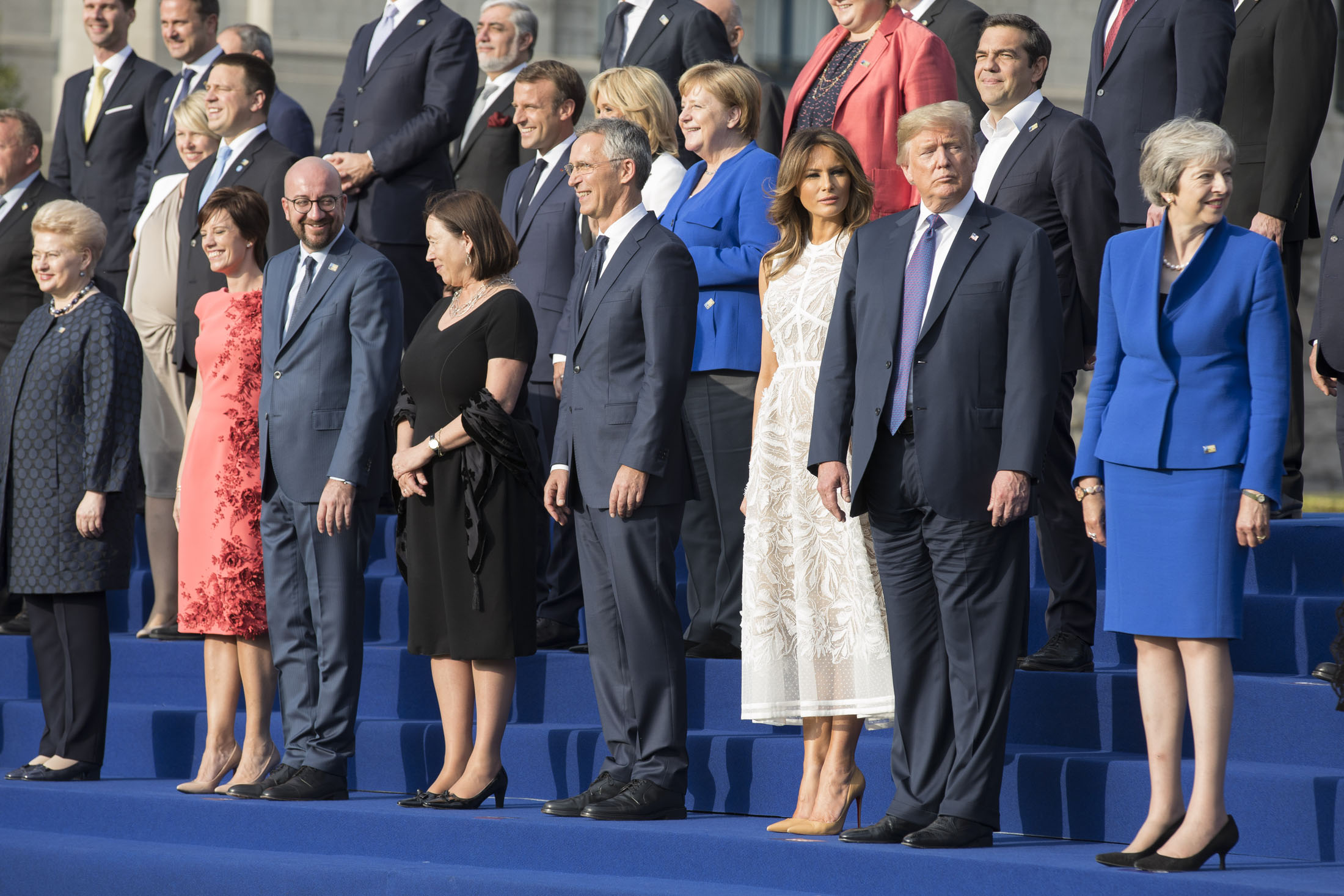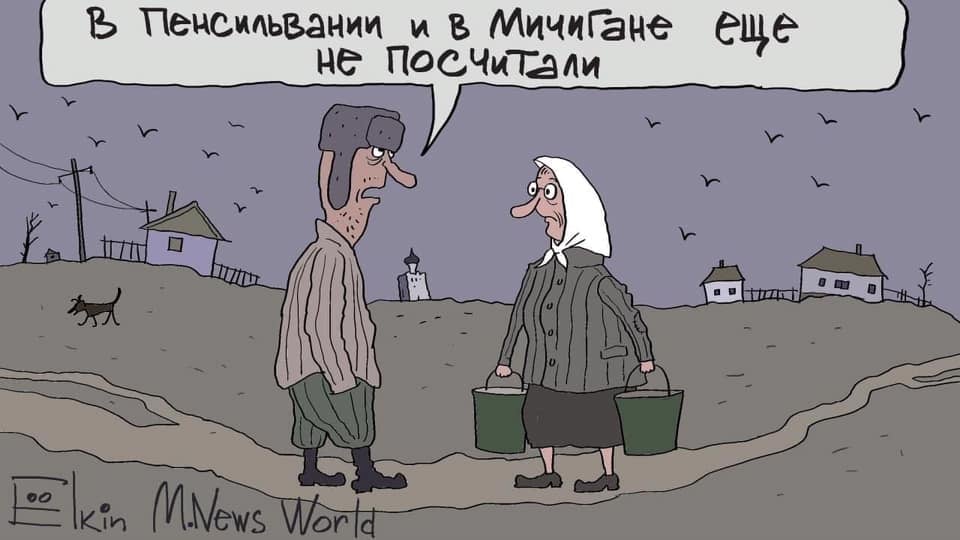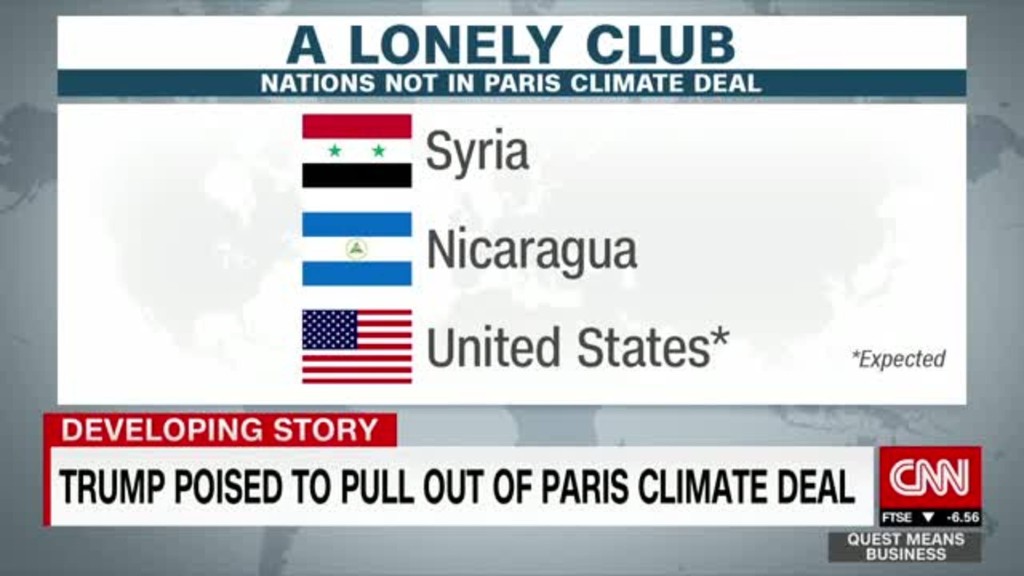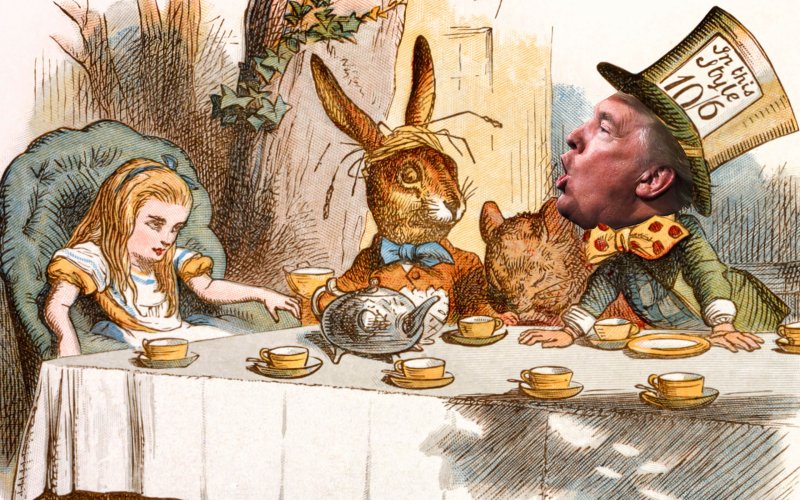I was born a proud Protestant. A Lutheran in a town still marked by Catholic-Protestant tensions, with Catholic friends who told me I don't worship right, neighbors who claimed Catholics were polytheists, and a grandmother who wore orange on St. Patrick's Day (I never...






